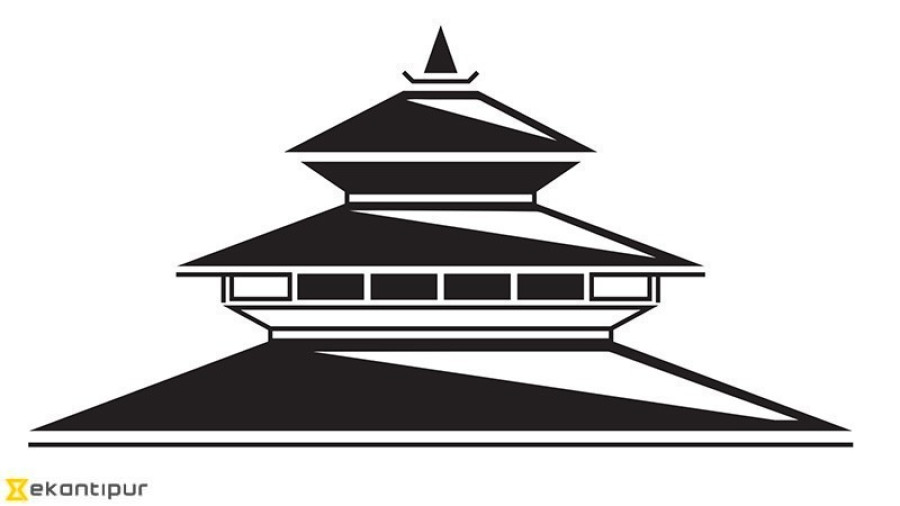Editorial
Reform begins at home
Behavioural changes are needed to remove the stigma associated with menstruation
Dambara Upadhyay, a 38-year-old woman from Timalsena village of Achham district in far-western Nepal, recently passed away during her stay in a cowshed under a notorious practice called ‘Chhaupadi’, which translates to “an untouchable being”. This is a deeply entrenched social tradition in which women are banished for at least five days to a cattle shed or a makeshift hut during menstruation or right after childbirth as they are deemed ‘’impure’’. It is a common practice in some villages in western Nepal, and this not the first instance that a woman has died because of it. At least eight women have lost their lives in Achham while practising Chhaupadi since 2007.
Women compelled to practise Chhaupadi face both physical and mental hardships. According to tradition, women cannot enter kitchens and temples during their monthly periods. They also cannot touch other people, cattle or plants. And disobeying the diktat can bring various punishments. Such discrimination leaves girls and women feeling humiliated. Moreover, women
relegated to cattle sheds have to live under very basic, unhygienic and exposed conditions. There are reports of Chhaupadi leading to diseases, attacks from wild animals, incidents of abuse and rape, and high infant and maternal mortality rates, as both mother and baby are exiled to the shed after birth.
While Chhaupadi is an extreme form, taboos
surrounding menstruation are not only limited to rural Nepal. Menstrual blood is considered ‘’impure’’ even in the urban areas among the educated class. Many urban women do not enter the kitchen or the place of worship during their periods. Ironically, they and their family are fine with buying goods at supermarkets or eating at restaurants where many of the employees are women, who work even when they are menstruating.
The widespread belief that women are impure during menstruation is associated with religion that decrees how a woman should be treated during her periods. As a result, many women themselves have internalised that they are “impure” while menstruating and they adhere to menstrual norms of their own volition. During a festival called Rishi Panchami—a national holiday for women—some Nepali girls and women fast and pray in order to purify themselves for any inappropriate behaviour during menstruation.
Although Chhaupadi was outlawed by the Supreme Court in 2005 and many villages have been declared ‘Chhaupadi-free areas’, the practice has clearly not come to an end. The government and other concerned stakeholders would do well to understand that eradicating Chhaupadi is not only about ensuring that women eat well and live in the comfort of their homes during their periods. It is also about questioning cultural
traditions and beliefs that perpetuate the subjugation of women and their bodies. Removing the stigma associated with menstruation requires behavioural changes that need to start at home. The female body and its biological processes are nothing to be ashamed of. This message needs to be driven home, particularly in rural areas, but also in urban centres.




 5.17°C Kathmandu
5.17°C Kathmandu














